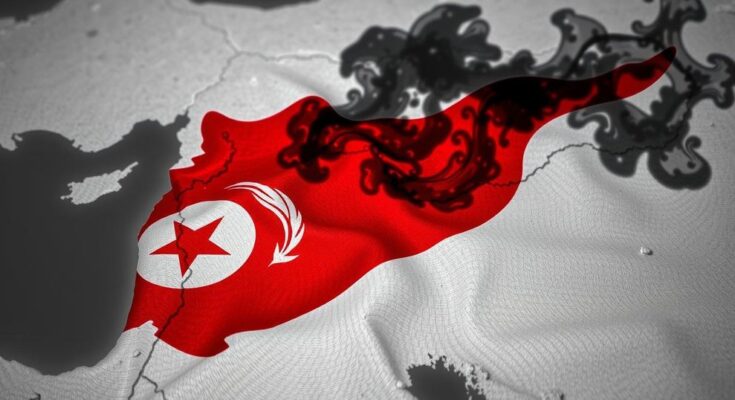The article discusses Syria’s political transformation after the fall of the Baath regime, analyzing possible future scenarios by comparing experiences with Afghanistan, Iraq, and Lebanon. It highlights the need for a unified government that prioritizes equal citizenship and stresses the importance of avoiding the pitfalls of sectarianism through inclusive governance.
The recent overthrow of the Baath regime in Syria has opened a new chapter for the nation. The opposition, represented by Hayat Tahrir al-Sham (HTS), successfully captured Damascus on December 8, establishing a new government while absorbing various factions into a unified Defense Ministry. Unlike the fragmented situations witnessed in Afghanistan, Iraq, and Lebanon, there are efforts to ensure a stable transition in Syria, emphasizing national unity over sectarianism. The government pledges not to seek vengeance against former regime supporters and aims to integrate defected military personnel into the new structure, which indicates a commitment to avoiding civil strife among different ethnic and religious groups. However, the path forward remains uncertain, and the potential for challenges exists, drawing parallels with past regional conflicts.
The lesson from Afghanistan, where the disintegration of resistance groups led to decades of turmoil and the eventual return of the Taliban, underscores the importance of unity. The Syrian leadership has attempted to sidestep these pitfalls by maintaining a cohesive front and asserting control over remaining armed groups. Furthermore, the Iraqi scenario, characterized by sectarian divides post-U.S. invasion, has prompted the Syrian government to adopt an inclusive approach in governance, supported by Türkiye’s stance on Syria’s territorial integrity and non-sectarianism. This divergence from Iraq’s experience is crucial as it allows for a more stable foundation for governance.
Unlike the Lebanese system, which mandates political representation based on religious demographics, the Syrian vision moves toward a centralized government that prioritizes citizenship over sect. The assertion of a government based on equal representation, devoid of ethnic quotas, reflects Syria’s historical capacity for peaceful coexistence, especially in culturally rich cities like Aleppo. The recent historical denial of citizenship to the Kurdish population under the Baath regime further necessitates the establishment of an all-inclusive constitution that recognizes equal rights for all citizens.
In conclusion, while Syria faces its share of obstacles, the potential for a prosperous future exists if external distractions are mitigated and internal unity is emphasized. Fostering cooperation and a singular national identity will be paramount in shaping a stable and equitable government. This scenario, signifying a new era for Syrian polity, reflects the aspirations of its people for a unified nation that respects its diverse heritage.
The context of the article is rooted in Syria’s political transformation following the fall of the Baath regime, which lasted over six decades. The struggle for power and governance has sparked fascinating yet cautionary comparisons to the experiences of Afghanistan, Iraq, and Lebanon. Understanding these regional examples provides insight into the possible trajectories Syria might face as it seeks stability and unity in the wake of its recent upheaval. The article highlights how these previous nation-states encountered challenges post-regime change, emphasizing the lessons that could guide the new Syrian government.
In summary, Syria stands on the precipice of a new political era following the collapse of the Baath regime. Its future hinges on the establishment of a stable and unified government that transcends sectarian lines and offers equal citizenship to all its citizens. By drawing lessons from the turbulent histories of Afghanistan and Iraq, the Syrian leadership can navigate potential pitfalls and work towards a central governance model that embraces diversity while fostering national cohesion.
Original Source: www.dailysabah.com




